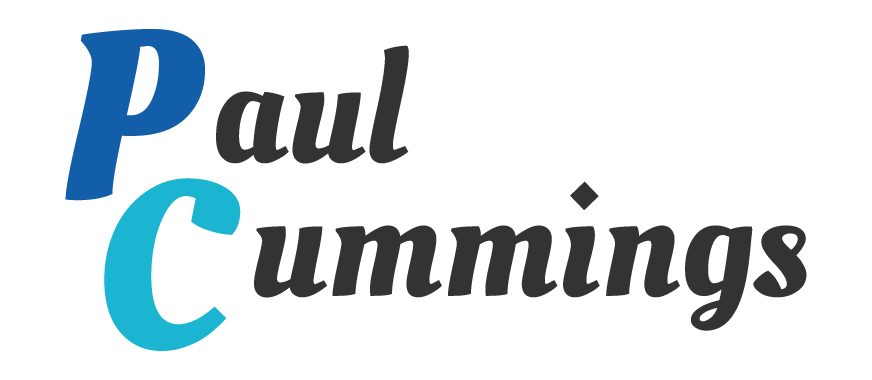For some reason, many salespeople have a fear of the telephone early in their career. It's common to have uncertainty about a process that is new to you. My goal today is to provide some tips that will reduce your fear and build your confidence.
Source of Fear
I believe our fear is directly tied to our fear of rejection and, ultimately, failure. There is no such thing as a bad call because every customer contact you make, even the hang-up calls, serve to move you one step closer to a "yes." Sales is, and has always been, a numbers game. You need to know that every call you make is an opportunity for you to perfect your phone skills and improve your performance. Every dial made with a smile is a win.
Phone Facts
- The phone will not shock you.
- The phone doesn't weigh 10,000 pounds.
- The phone will not dial itself.
- The phone is not dangerous or harmful.
- The phone will increase your activity.
- The phone will create appointments.
- The phone can be mastered.
- The phone will make you money.
Key Steps
The first step is to change your mentality about making calls. With the right outlook, you can generate consistent, positive results. You must view every single call placed as a genuine opportunity to learn. Every call leaves evidence regarding key information. What to say? When to say it? How to say it? When is the best time to call? What is the most effective greeting?
Practice
Pros don't wing it when they make their calls. You must set aside time to practice your initial telephone greeting. You must become comfortable and efficient at delivering your opening. Pros work on their voice inflection, their cadence, and their pausing prior to their call. It's no different than a vocal warm up for a singer. Practice. Then, perform.
Purpose
Why would you ever place a call without knowing the specific purpose for the call? The prospect will certainly want to know why you are calling. You need to develop a purpose statement and take the time to perfect it as you do your initial greeting. It's amazing the way truth and a real sense of purpose reduces fear and builds your confidence.
Permission
Anytime you place a call, you need to ask the customer for permission to go forward. What will your permission statement be? "Did I catch you at a bad time, or do you have a moment to spend with me?" If you write a powerful permission statement, you then must again practice until the words are natural to your delivery style. If you sound scripted, you will experience more than your fair share of cold rejection.
Professional Intro
You must introduce yourself and your company in a positive way, not your product or service. If you introduce the product early, you are inviting an immediate "No thanks. We already have that" objection. Write out your intro piece and then practice until you feel well prepared and confident in your delivery.
Plausible Alternatives
When you go for the close and are seeking an appointment commitment, you must offer your potential customer plausible alternatives regarding times. People like to have more than one option to select from when you request a face-to-face meeting. Always have these alternate time choices in your mind before you place the call.
Posture
Your posture matters when you are making calls. If you are slumped over or slouched down, this will come through in your voice tone and pace. I truly believe customers can feel and hear bad posture through the phone. Keep yourself in an energized physical position, with your back straight, head up, and a smile on your face because it works.
Promise
What is your goal? If your goal is the promise of an appointment, remember that is what you are closing. Keep your mind focused on this outcome, and don't sell your product or service. Sell the promise of an appointment. You will always improve your odds if you stick to your plan.
Plan
Review the plan with the customer prior to hanging up by restating the appointment date, time, and location. Provide your telephone number and contact details as part of the plan review and clarification process.
Positive Exit
This is such a fundamental aspect of telephone mastery. Always show appreciation and thank the customer for his or her time, for listening, and for the appointment. They need to know you are actually grateful for the opportunity. This sounds so simple, but the large majority of salespeople get off the phone without ever saying, "Thanks."
Prospecting Call Log
Regardless of your format, written or electronic, you need your prospects and call plan organized before you start your call outs. Using the telephone is fun when you are well prepared with your words and plan. This allows you to flow through your calls and build positive momentum. Take the time to get this part of the process nailed down.
In closing, your attitude and enthusiasm will play a major role in your success. Start your call outs with activity-based goals in mind. Here are some examples:
- I will place 60 calls today.
- I will make 20 appointment requests.
- I will set and confirm 5 appointments.
These goals will help you drive toward meaningful targets. Remember any rejection you experience is temporary, but the rewards you'll gain from mastering the phone are long-term.
Make a difference today.
Remember, It All Matters,
— Paul
Find out about Paul Cummings University demos here.
Copyright 2016: Paul Cummings Enterprises.
About the author: For over 30 years, Paul Cummings has taught dynamic life changing strategies on sales, customer service, communication, building a better business, and leadership. Millions have had the opportunity to learn what it means to live and work at Level 10.

